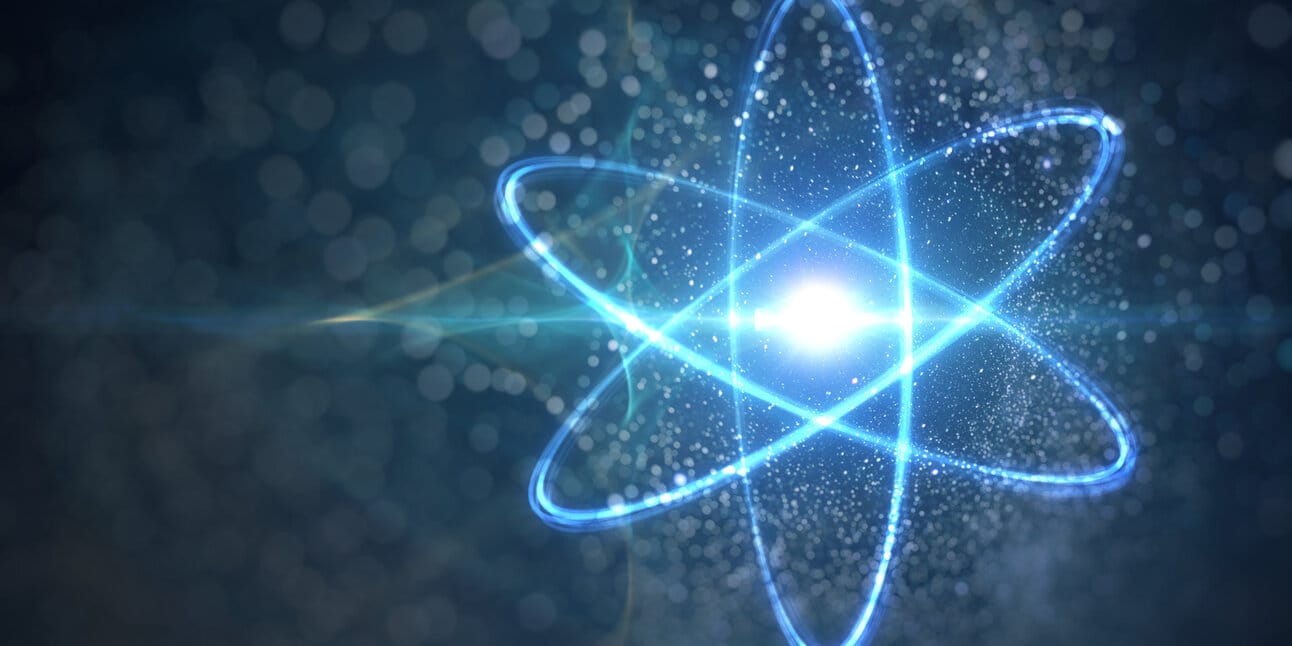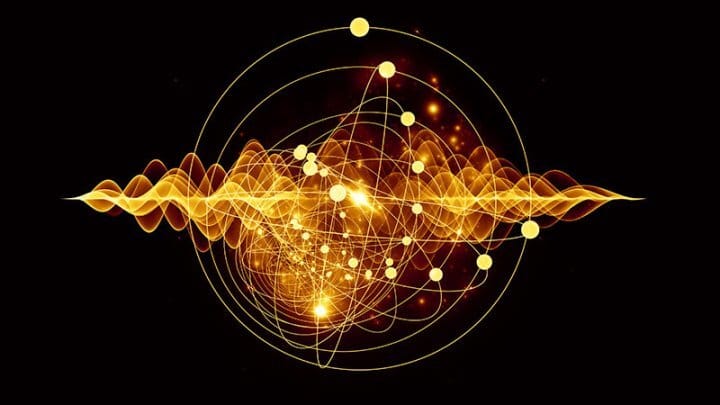- Weekly Dose of Random Knowledge
- Posts
- How Real is Reality?
How Real is Reality?
Quantum Mechanics = Basis of Reality?
When I started learning about basic physics, it was all fascinating until I realized that reality might not be “real”. This feeling is daunting and let’s explore it today.
Not Real?
It is no surprise that our physical senses can get us nowhere. We can’t see color except within a limited frequency, or hear anything outside of a limited range or hertz. And we surely don’t see 100 trillion neutrinos passing through our bodies every second. So because of our physical inabilities, we don’t experience the whole of what’s out there.
Many cognitive scientists, neuroscientists, and psychologists agree that the world we see is not only just a fraction of reality but is often altered by our brains. For instance, if someone curses at you, it’s really a combination of certain sound waves, but you can interpret it as anger. That emotion is, therefore, not a part of the objective reality. Because an objective reality is something that exists independent of conscious awareness, and emotions are inherently subjective. The anger you experience isn’t unreal; it’s a real experience, just not objectively real.
The scientific method is a way to help us cheat the system. It ignores our limitations and assists us to see what we could not see before. Through experimentation and generalization, we deduct patterns that seem to be universal laws because of how well they predict. Though it’s almost always a little imperfect, because it’s merely a deduction of current empirical evidence. Newton’s laws of motion were known, for a while, to have the ability to predict everything to come. We know now that’s not true because Newton’s laws don’t work when the object is near the speed of light. Specifically, F=ma breaks down when a exceeds the speed of light.

I’m sure an article with only blocks of text is very boring.
Things were kind of all working out until the inception of quantum mechanics. All these talks about probability, particle-wave duality, entanglement, and observer effect brings me to the question:
Is the principles of quantum mechanics the basis of reality?
First, we need to discuss the nature of the theory. Does quantum mechanics actually explain what things are or does it just express what it does mathematically? Physicists agree that electrons behave like both a particle and a wave, but it is not literally both particles and waves. Schrodinger’s equation calculates the probability density of a particle in a specific region in space, not what those particles are.
One can argue that the extension of quantum mechanics —Quantum Field Theory (QFT)—tries to explain what things are. That is true to a degree. QFT is a theory connecting many concepts in physics and coming up with ways that fundamental particles interact with fields. Through that, it tries to explain what’s happening inside everything. And even with this still-developing theory, we can’t quite even answer the question: what exactly is an electron? Nevertheless, this is more accurate than Newton’s laws of motion.

Here’s another cool picture (of particle-wave duality) in case my writing is boring.
We are getting closer and closer to what reality is, but haven’t actually got there. Thus, we might never know what reality is and how much it differs from what we experience in our lives. If you believe quantum mechanics is the fundamental law of the universe, then everything could be explained by probability. And if that’s the case, we do not know anything with 100% certainty. Or you can think of it as only a tool to explain things we previously couldn’t understand.
Does what we know now in physics have a direct connection to our world?
Everything is made out of atoms, and atoms are made out of quarks, electrons, and strong forces; and they follow the principles of quantum mechanics. Are those simple ingredients really what everything we perceive is about? Is my skin, my computer—everything—simply made up by them and governed by those laws? Moreover, do they directly contribute to the formation of life, and the complexity of each life? Or, is there some intermediate mechanism that bridges the two; something that we don’t know yet.
If you have an answer to my questions, I would love to know!
Thank you for reading my article this week. The point I initially wanted to make turns out to be different than the conclusion that I actually came to. My attempt to unpack this question has changed over time as I try to write this. Overall, I think this topic should be more discussion-based than just me blah blah blahing. But I hope you enjoyed it! If you did, consider sharing it with your peer; if you didn’t, please share it with someone you think will enjoy it. Have a good week!